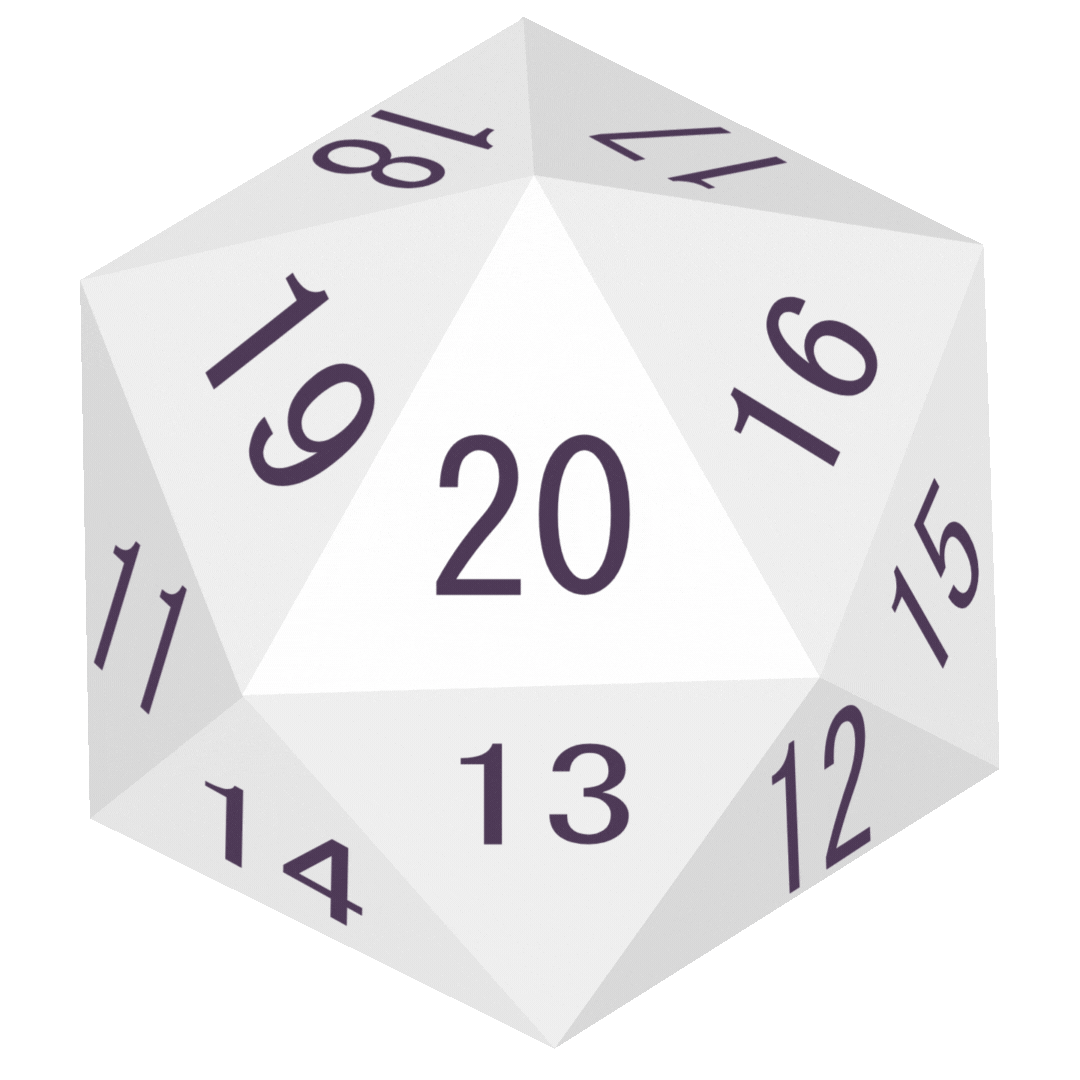How to Cultivate Daily Living Skills
- Ben Turner
- Jul 30
- 3 min read
Developing the ability to manage everyday tasks is essential for independence and confidence. Whether you are learning these skills for the first time or helping someone else, cultivating daily living skills can transform your quality of life. These skills cover a wide range of activities, from personal care to managing finances, and mastering them requires patience, practice, and the right strategies.
Practical Tips for Improving Life Skills Daily
Improving life skills daily is about creating habits that support independence and self-sufficiency. Here are some practical ways to build these skills step-by-step:
Set Small, Achievable Goals: Break down complex tasks into smaller steps. For example, instead of trying to cook a full meal, start by learning how to boil an egg or make a simple salad.
Create a Routine: Consistency helps reinforce learning. Establish a daily schedule that includes time for practicing different skills such as cleaning, budgeting, or meal preparation.
Use Visual Aids and Checklists: Visual reminders can help track progress and reduce anxiety about forgetting steps. For instance, a checklist for grocery shopping or a chart for medication schedules can be very effective.
Practice Problem-Solving: Encourage thinking through challenges that arise during daily tasks. For example, if you run out of an ingredient, consider alternatives or plan a different meal.
Seek Support When Needed: Don’t hesitate to ask for help from family, friends, or professionals. Sometimes guidance can accelerate learning and build confidence.
By focusing on these strategies, you can steadily improve your ability to handle everyday responsibilities.

Understanding the Importance of Daily Living Skills
Daily living skills are the foundation of independent living. They include tasks such as personal hygiene, meal preparation, managing money, and using transportation. Mastering these skills not only promotes autonomy but also enhances self-esteem and social participation.
For example, knowing how to budget your expenses helps avoid financial stress. Being able to prepare meals ensures better nutrition and health. Even simple tasks like doing laundry or cleaning your living space contribute to a sense of control and well-being.
Incorporating these skills into your daily routine can lead to a more balanced and fulfilling life. If you want to explore more about independent living options and how to develop these skills, check out this resource on daily living skills.

What is the difference between ADL and Iadl?
Understanding the terminology related to daily living skills can clarify your learning goals. Two important terms are ADL and IADL:
ADL (Activities of Daily Living): These are basic self-care tasks necessary for fundamental functioning. Examples include bathing, dressing, eating, toileting, and mobility.
IADL (Instrumental Activities of Daily Living): These involve more complex skills needed for independent living. Examples include managing finances, cooking, shopping, using transportation, and housekeeping.
While ADLs focus on personal care, IADLs require cognitive and organizational skills. Both are crucial for living independently, but IADLs often present more challenges as they involve planning and decision-making.
By identifying which skills you need to improve, you can tailor your learning process effectively.

Strategies to Build Confidence in Daily Tasks
Confidence plays a key role in successfully mastering daily living skills. Here are some strategies to boost your self-assurance:
Start with Familiar Tasks: Begin practicing skills you already know to build momentum.
Celebrate Small Wins: Acknowledge every achievement, no matter how minor it seems.
Learn from Mistakes: View errors as opportunities to improve rather than failures.
Use Positive Self-Talk: Encourage yourself with affirmations like "I can do this" or "I am improving every day."
Practice Regularly: Repetition helps build muscle memory and reduces anxiety.
For example, if you struggle with cooking, start by preparing simple recipes and gradually try more complex dishes. Over time, your confidence will grow, making daily tasks feel less daunting.
Tools and Resources to Support Skill Development
There are many tools and resources available to help you cultivate daily living skills:
Mobile Apps: Apps for budgeting, meal planning, and medication reminders can simplify daily management.
Community Programs: Local workshops or support groups often offer training in life skills.
Online Tutorials: Video guides and articles provide step-by-step instructions for various tasks.
Assistive Devices: Tools like pill organizers, adapted kitchen utensils, or mobility aids can make tasks easier.
Using these resources can make learning more accessible and enjoyable. Remember, the goal is to find what works best for you and your lifestyle.
Developing independence through daily living skills is a journey that requires patience and persistence. By setting clear goals, practicing regularly, and using available resources, you can improve your ability to manage everyday tasks confidently. This progress not only enhances your quality of life but also opens doors to new opportunities and experiences.





Comments